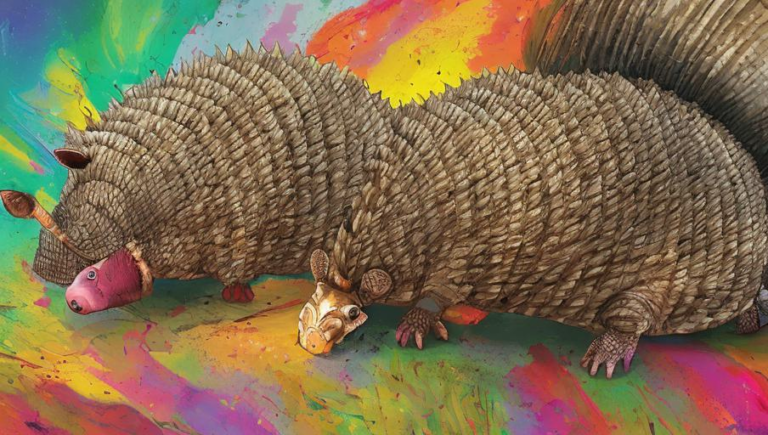Vaccines for Cats – What You Need to Know
Vaccines for Cats: What You Need to Know
As a pet owner, it is essential to protect your furry friend with necessary vaccines. Vaccines are designed to help your pet stay healthy and prevent them from becoming ill. When it comes to cats, vaccinations are an important part of their health care routine and may even be required by law.
What Vaccines Are Needed?
The vaccines your cat needs will depend on the type of cat you have and where you live. Generally, cats need to be vaccinated for rabies, feline distemper, and feline calicivirus. Some cats may also need vaccines for feline leukemia, feline infectious peritonitis, and other diseases. Your veterinarian can advise you on the best type of vaccines for your cat.
When Should Vaccines Be Given?
Kittens typically receive their first set of vaccines at 8 to 10 weeks of age, with boosters every 3 to 4 weeks until they are 16 weeks old. Adult cats need to receive boosters at least once a year. It is important to keep up with your cat’s vaccination schedule and ensure that they are vaccinated on time.
Are Vaccines Safe?
Vaccines are generally very safe for cats. However, some cats may experience mild side effects such as a fever, lethargy, or loss of appetite. In rare cases, more serious reactions can occur, so it is important to talk to your veterinarian about any concerns you may have.
Are There Alternatives to Vaccines?
There are natural and homeopathic alternatives to traditional vaccines, but it is important to talk to your veterinarian before making any decisions. Natural and homeopathic remedies may be used in conjunction with vaccines to reduce the risk of side effects.
Conclusion
Vaccines are an essential part of your cat’s health care routine. They help protect your pet from a variety of illnesses and diseases and can help keep them healthy for years to come. Make sure to talk to your veterinarian about the best type of vaccine for your cat and keep up with their vaccinations so that they stay healthy and safe.





